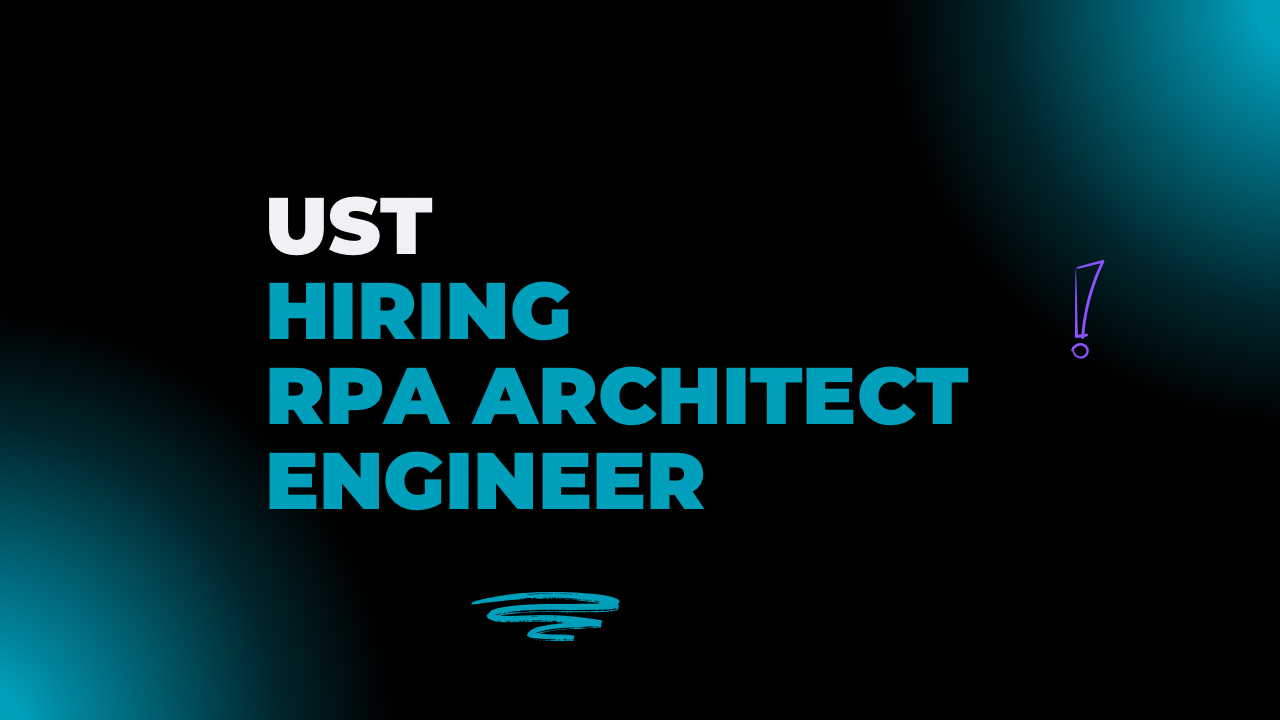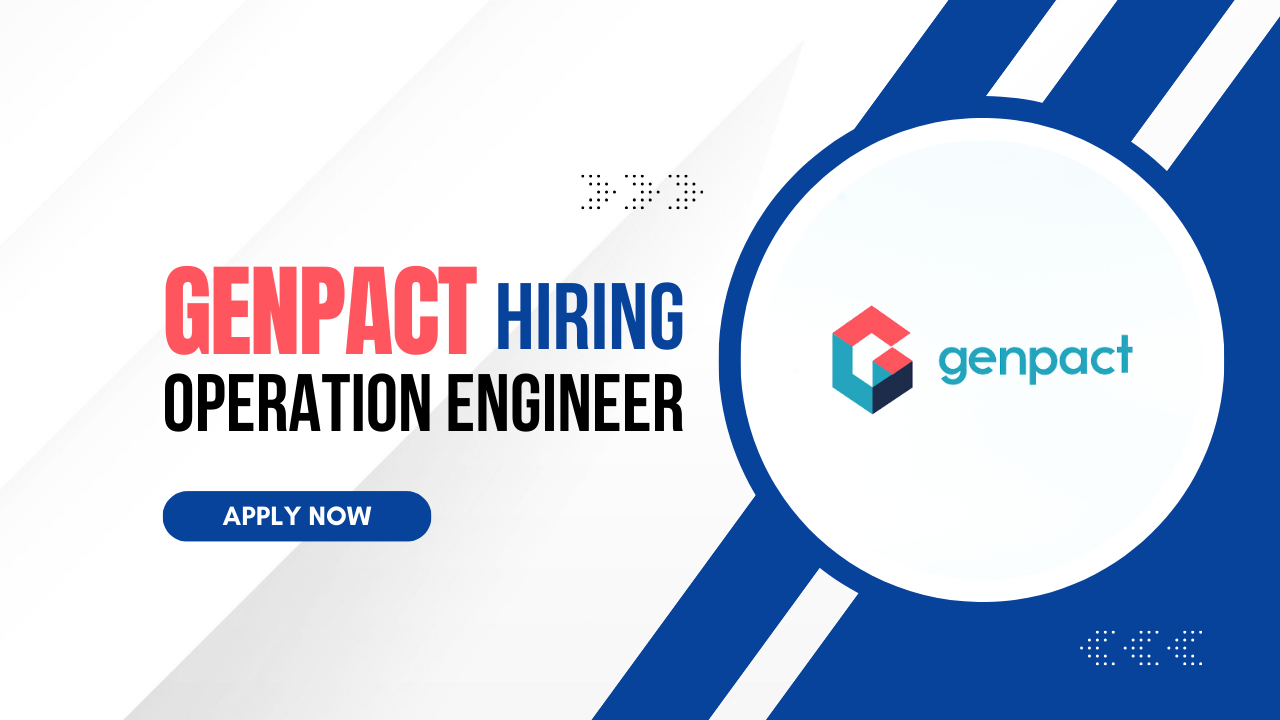𝐏𝐚𝐲 𝐀𝐟𝐭𝐞𝐫 𝐏𝐥𝐚𝐜𝐞𝐦𝐞𝐧𝐭 𝐓𝐫𝐚𝐢𝐧𝐢𝐧𝐠 𝐏𝐫𝐨𝐠𝐫𝐚𝐦- 𝐆𝐞𝐭 𝐏𝐥𝐚𝐜𝐞𝐝 𝐈𝐧 𝐓𝐨𝐩 𝐌𝐍𝐂’
Overview
Job Overview for Freshers at Google
Are you a recent graduate dreaming of working with one of the world’s most innovative tech giants? Google India is offering a fantastic entry-level opportunity for freshers who aspire to build a career in software engineering. If you have a passion for technology, programming skills, and a knack for problem-solving, this role could be your perfect start! Designed for freshers who are enthusiastic about coding and eager to take on real-world challenges, this position offers you the chance to grow and make a global impact right from the beginning of your career.
Work Location Flexibility
While this role is primarily based in Pune, Google recognizes the importance of flexibility. Fresh graduates applying for this role can select from multiple locations, including Bengaluru, Gurugram, Hyderabad, and Mumbai—ideal for recent graduates looking for software engineering jobs across India.
Keywords: software engineer job for freshers, fresher software engineering role at Google, entry-level software job India, Google job for freshers, software engineering job at Google India.
Qualifications
Qualifications Google Looks for in Freshers
Minimum Requirements:
- Education: Bachelor’s degree in Computer Science, Computer Engineering, or a related field (or equivalent practical experience).
- Programming Skills: Proficiency in programming languages like C, C++, Java, or Python.
- Technical Knowledge: Experience with Unix/Linux, Windows, or macOS environments, along with knowledge in distributed systems, machine learning, and TCP/IP.
- Preferred Qualifications
- Advanced Degree: Bachelor’s or Master’s degree in Computer Science or Computer Engineering.
- Specialized Skills: Hands-on experience in areas like distributed computing, data storage, security, and full-stack development.
Roles and Responsibilities
What You’ll Be Doing as a Google Software Engineer
As an entry-level Software Engineer at Google, freshers like you will work on groundbreaking projects. Here’s a taste of what you’ll get to do:
- Innovate and Create: As a fresh graduate in this software engineering role, you’ll research, design, and develop software solutions that enhance Google’s product suite. Projects will span areas such as artificial intelligence, machine learning, and natural language processing.
- Collaborate and Problem-Solve: Work closely with diverse teams to address scalability challenges related to data processing and information retrieval, providing opportunities to apply your technical skills.
- Enhance Google Products: Contribute to high-performance applications that advance Google’s offerings, with a focus on user satisfaction.
- Grow with Google: Gain hands-on experience, from designing to testing and deploying software, all within an environment that values continuous learning and professional growth.
Skills Required
- Problem-Solving Abilities: Strong analytical skills for tackling complex software engineering challenges.
- Adaptability and Willingness to Learn: Readiness to work across various projects and pick up new technical skills.
- Effective Communication: Ability to communicate complex technical ideas in an understandable way, essential for working within teams.
- Programming Proficiency: Knowledge in Java, C++, Python, and hands-on experience with Unix/Linux environments.
Job Description:-
As a Software Engineer at Google, you’ll be at the heart of transforming how people interact with information and technology. This fresher-friendly role is tailored for graduates looking to jumpstart their careers with hands-on experience in software development. You will work on cutting-edge projects, contribute to Google’s products, and create solutions that influence billions worldwide. From designing scalable applications to optimizing user experiences, you’ll be encouraged to bring fresh ideas, collaborate on challenging projects, and tackle complex problems.
Interview Preparation Tips for Freshers
Find all the answers in the end of this post
For students preparing for their interview with Google, here are some helpful practice questions and guidance:
Technical Interview Questions:
- Explain how distributed computing functions in large-scale systems.
- Describe the role of machine learning in enhancing user experience.
- Write a code snippet in Python that finds the largest number in a list.
- What is TCP/IP, and how does it support network communication?
- How do arrays differ from linked lists?
- Explain the basics of Unix/Linux commands essential for freshers.
- Describe a method to optimize a search algorithm.
- Write a C++ code to check if a string is a palindrome.
- Explain the importance of data security in software applications.
- What is the role of networking and data storage in scalable systems?
Non-Technical Interview Questions:
- How do you approach challenging problems as a software engineer?
- Describe a project you worked on in a team environment.
- What interests you about working at Google India, specifically in a software engineering role?
- How do you manage multiple projects under tight deadlines?
- How do you keep yourself updated on industry trends in software engineering?
- What are your long-term career goals, and how does a software engineering role at Google fit in?
- Describe a situation where you had to explain a complex technical concept to a non-technical person.
- How do you handle feedback on your work?
- How do you prioritize tasks in a fast-paced work environment?
- Why are you excited about working in an entry-level software engineer job at Google?
Google Recruitment Drive Application Process:-
Apply In Below Link
Apply Link:- Click Here To Apply (Apply before the link expires)
Note:– Only shortlisted candidates will receive the call letter for further roundsTop MNC’s Hiring Across India , Upload Your Resume
Join Us For Regular Job Updates
Related Jobs
Interview Preparation Tips
Common Technical and Non-Technical Interview Questions
If you’re prepping for Google’s fresher Software Engineer interview, here’s a mix of likely technical and non-technical questions to expect:



